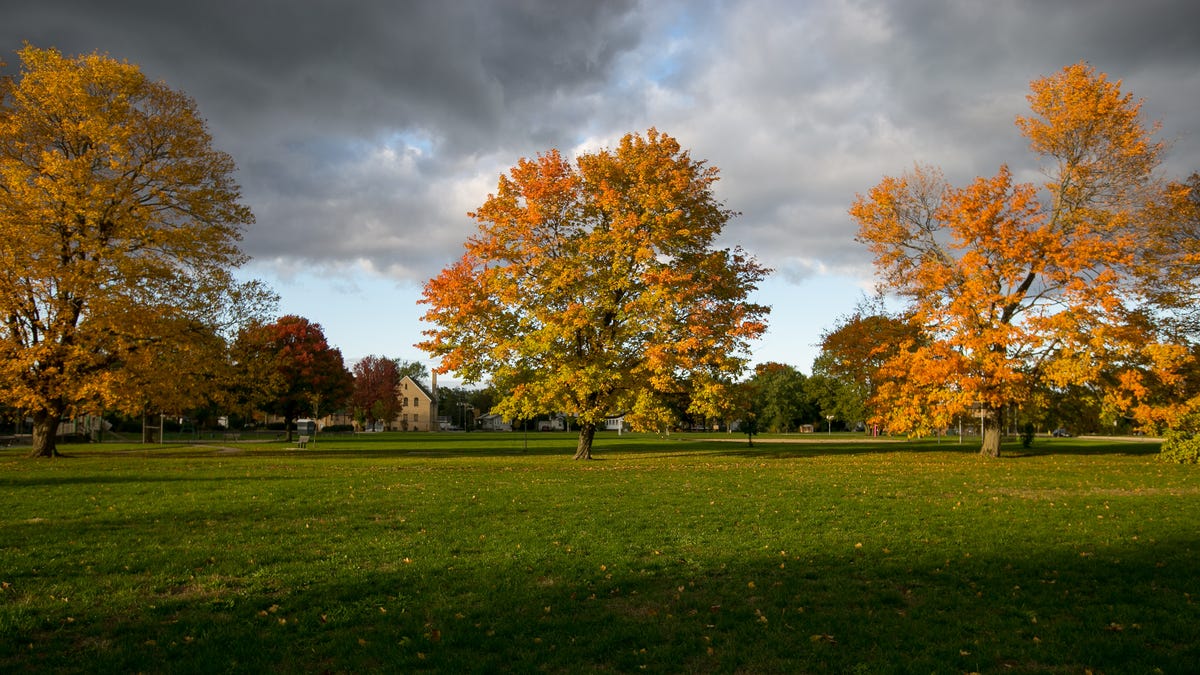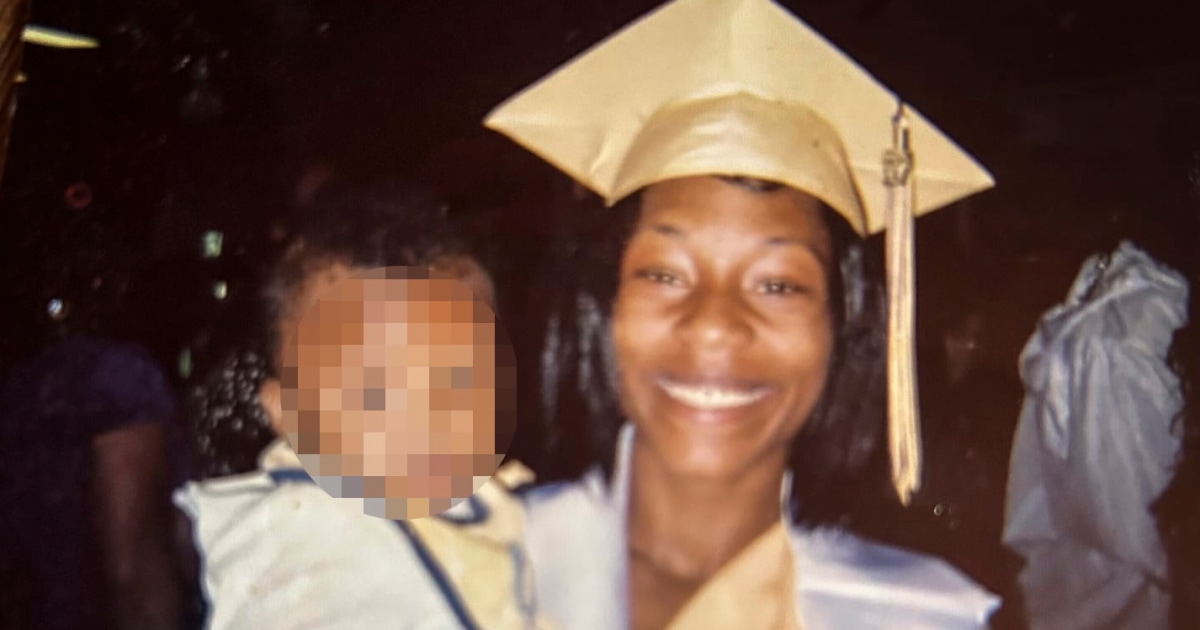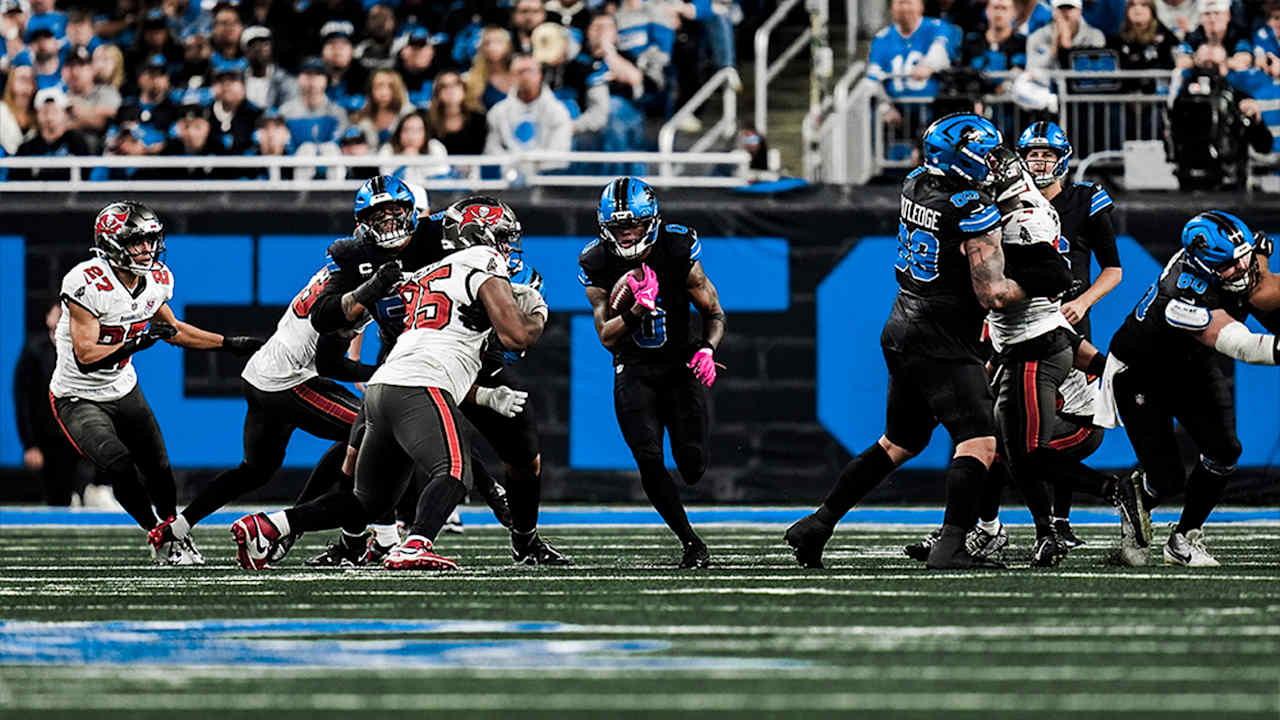Illinois
Illinois politics: New abortion law targets crisis pregnancy centers

AURORA, Ill. (WLS) — Gov. JB Pritzker was taking action Thursday to counter what he calls misinformation and deceptive practices used to discourage women from seeking abortions.
The new law targets crisis pregnancy centers.
Anti-abortion groups are already challenging the law in court.
Supporters of the law, including Planned Parenthood, say the crisis pregnancy centers are misleading women about alternative services available to them. But abortion opponents say it’s a matter of free speech.
Outside the Waterleaf Crisis Pregnancy Center in Aurora, volunteers stand in the heat, right across from a Planned Parenthood clinic, hoping to dissuade women from seeking an abortion, and instead encourage them to consider alternatives.
“We can’t force anyone to do anything, but we’re here in love and compassion, to offer them hope and help,” said Mary Ann Vincent, an anti-abortion volunteer.
But now new state law, just signed by Pritzker, makes it illegal for clinics to engage in deceptive practices or provide misinformation about reproductive rights available to women.
SEE ALSO: Rockford’s only abortion clinic to expand services this fall to include surgical procedures
“This is reproductive coercion that traumatizes people who are seeking or even considering an abortion,” said Alicia Hurtado, with the Chicago Abortion Fund.
“The goal of the centers is simple: They’re trying to get people in their doors to stop them from having abortions,” said Jennifer Welch, president and CEO of Planned Parenthood Illinois Action.
The law would allow the attorney general’s office to file an injunction against a crisis pregnancy center or fine them up to $50,000 for each offense.
Anti-abortion groups have already filed a 55-page federal lawsuit requesting a temporary restraining order and permanent injunction, claiming the law violates people’s right to free speech.
“This is one of the most extensive restrictions on free speech against pro-life speech of any state in the country. What they’ve done here in Illinois, is to declare pro-life speech to be misinformation,” said Peter Breen, executive vice president of the Thomas More Society.
The attorney general said it’s not about restricting speech.
“You’re not free to lie to people, or to use deceptive practices,” Illinois Attorney General Kwame Raoul said.
Clinic supporters see the law as attempting to effectively shut down clinics and anti-abortion dissent.
The new law is effective immediately, but the legal challenge could block enforcement while the case winds through the courts. The attorney general expressed confidence it will be upheld.

Illinois
Opening statements Wednesday in trial of ex-Illinois officer who killed Sonya Massey

SPRINGFIELD, Ill. — Fifteen months after Sonya Massey, a Black woman who had called 911 for help, was killed in her home, the former police officer who fired the fatal shot is set to go on trial.
Sean Grayson, 31, a former deputy for the Sangamon County Sheriff’s Department in central Illinois, has pleaded not guilty to three counts of first-degree murder.
The trial was scheduled to begin Wednesday with opening statements. If convicted of murder, Grayson faces a sentence of 45 years to life in prison. Prosecutors dismissed single counts of aggravated battery with a firearm and official misconduct.
On July 6, 2024, Massey, a 36-year-old single mother of two teenagers who struggled with mental health issues, called emergency responders over a suspected prowler. When Grayson, who is white, and another deputy entered her Springfield home to report finding no one, Grayson noticed a pan of hot water on the stove and ordered it removed.
According to body-camera video that is certain to play a key role in the trial, Grayson and Massey joked about how the deputy backed away as she moved the pan before Massey said, “I rebuke you in the name of Jesus.” Grayson later told sheriff’s investigators he thought Massey’s statement meant she intended to kill him, yelled at her to drop the pot and in the subsequent commotion, fired three shots, striking her just below the eye.
The incident has prompted continued questions about U.S. law enforcement shootings of Black people in their homes and generated a change in Illinois law requiring fuller transparency on the background of candidates for law enforcement jobs.
A jury of 10 women and five men, including three alternates, will hear testimony that’s predicted to end next week. The questioning of prospective jurors on Monday by Sangamon County State’s Attorney John Milhiser and defense attorney Daniel Fultz focused on attitudes toward law enforcement during a volatile time in America.
In this image taken from body camera video released by Illinois State Police, Sonya Massey, left, talks with former Sangamon County Sheriff’s Deputy Sean Grayson outside her home in Springfield, Ill., July 6, 2024. Credit: AP/Uncredited
Witnesses scheduled to testify for both the state and defense are reported to be experts in police training, generally accepted police practices, use of force, body camera video, use of video in investigations and the review of incidents involving the use of force.
The national attention the case has garnered prompted Sangamon County Circuit Judge Ryan Cadagin to move the trial from Springfield to Peoria, 167 miles (269 kilometers) southwest of Chicago.
Illinois
When’s the best time to see fall colors in Illinois from Rockford to Carbondale

When it comes to fall colors, Illinois stretches the season longer than most states, with colors starting in northern Illinois in late September and peaking in the south well into November.
Each year, websites like SmokyMountains.com publish a fall foliage prediction map that shows stages such as patchy, partial, near-peak, peak, and past-peak across the country. While the map is focused primarily on the eastern U.S. and regions like the Smoky Mountains, it also provides a helpful nationwide context and visual timeline for seasonal leaf change.
Here’s what the fall color timeline looks like across Illinois.
Northern Illinois: Late September to mid-October
If you live near Chicago, Rockford, or the Galena area, you’ll see the first hints of color before the rest of the state. Leaves in northern Illinois usually begin to change by the third or fourth week of September.
The peak display arrives around the second or third week of October. Popular spots include Starved Rock State Park, Matthiessen State Park, Rock Cut State Park, and the Great River Road, which runs along the Mississippi.
Central Illinois: Early to Late October
In the heart of the state, from Springfield to Peoria and Champaign, trees hold their green a little longer. Color typically starts to appear in the first half of October.
By the middle to late part of the month, central Illinois hits its stride.
City parks, forest preserves, and stretches of rural highway all light up. Spots such as Allerton Park near Monticello and the Sangamon River Valley as reliable fall color destinations.
Southern Illinois: Late October to Early November
Farther south, warm temperatures delay the season. Expect to see changes beginning in the last two weeks of October, with the best colors holding into early November.
In Southern Illinois, you’ll find some of the most memorable fall backdrops in the state. Rock formations at Shawnee National Forest’s Garden of the Gods and the bluffs of Giant City State Park provide great viewing points.
What to Wear
Packing smart can make your fall color adventure more comfortable. Mornings in Illinois can be chilly, while afternoons often warm up quickly. A light jacket or fleece paired with a long-sleeve shirt gives you flexibility. Comfortable walking shoes or hiking boots are important if you plan to explore trails in parks. Packing items such as hats, gloves, and even a scarf can come in handy if temperatures drop, especially on bluffs and overlooks where the wind picks up.
Planning Your Visit
From late September in the north to early November in the south, Illinois delivers a long season of color worth exploring. The good news is that Illinois offers a six- to eight-week window for watching the fall colors. If you miss the show in one part of the state, you can always head a little farther south and catch it there.
Jack Ivanic is a freelance contributor to the Rockford Register Star.
Illinois
Trial begins for former Illinois deputy accused of killing Sonya Massey

The trial of a former Illinois deputy who is accused of killing Sonya Massey began on Monday in Peoria, Illinois.
Massey, a Black 36-year-old mother of two, was fatally shot in July 2024 after calling authorities to her Springfield home over concerns about a prowler, officials said. Body camera footage shows two deputies responding to the incident, including then-Sangamon County Sheriff’s Deputy Sean Grayson.
Grayson, who is white, shot Massey three times, saying in a report written after the incident that he feared bodily harm because she was holding a pot of boiling water and said, “I rebuke you in the name of Jesus.”
Almost two weeks after Massey’s killing, Grayson was fired and charged with three counts of first-degree murder, one count of aggravated battery, and one count of official misconduct. He pleaded not guilty and was held in jail pending trial.
Grayson’s trial started on Monday morning with a jury selection. No cameras were allowed in the courtroom, and the trial is expected to last for one to two weeks.
The case ignited a national firestorm, prompting protesters across the country to call for justice for Massey, who suffered from mental health issues, according to her family. In February, Sangamon County officials agreed to pay a $10 million settlement to Massey’s family, a step their attorney, Ben Crump, called “only the first step in the journey for justice.”
In April, a judge granted a venue change for the trial from Sangamon County to Peoria after receiving a request from defense attorneys who said media coverage and the nature of the case have “shaped public perception, making it difficult to separate fact from speculation,” NBC Chicago reported.
A group of people gathered for a rally outside the Peoria County Courthouse on Monday morning, holding signs calling for justice for Massey. One sign read: “Unite Now Against Racist Violence.”
“No justice, no peace. Prosecute the police, ” the crowd chanted.
Keri Hayes, the racial justice committee chairwoman for the American Civil Liberties Union in Peoria, was one of the handful of people outside the courthouse.
“I really feel like it was a senseless slaying that happened, and I really want to see the police being held accountable,” she told NBC News.
-

 World2 days ago
World2 days agoIsrael continues deadly Gaza truce breaches as US seeks to strengthen deal
-

 News2 days ago
News2 days agoTrump news at a glance: president can send national guard to Portland, for now
-

 Technology1 day ago
Technology1 day agoAI girlfriend apps leak millions of private chats
-

 Business1 day ago
Business1 day agoUnionized baristas want Olympics to drop Starbucks as its ‘official coffee partner’
-

 Politics1 day ago
Politics1 day agoTrump admin on pace to shatter deportation record by end of first year: ‘Just the beginning’
-
Science2 days ago
Peanut allergies in children drop following advice to feed the allergen to babies, study finds
-

 News18 hours ago
News18 hours agoBooks about race and gender to be returned to school libraries on some military bases
-

 Politics14 hours ago
Politics14 hours agoHunter Biden breaks silence on pardon from dad Joe: ‘I realize how privileged I am’























